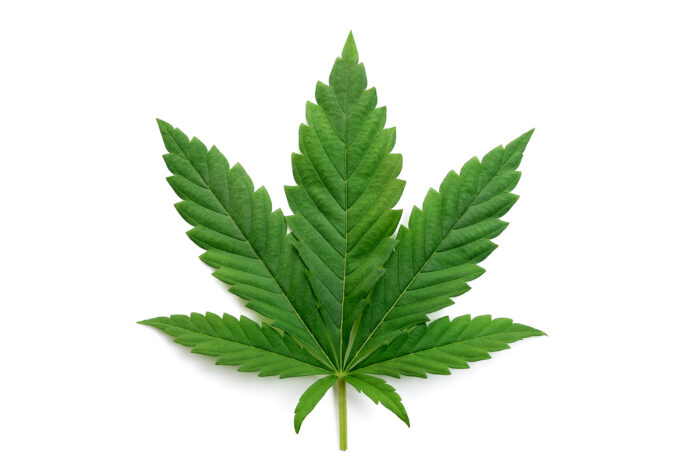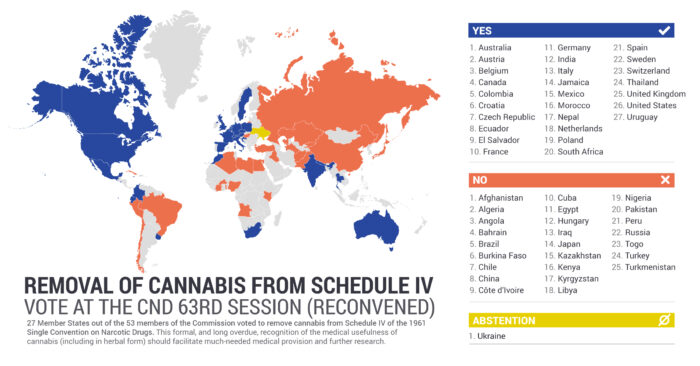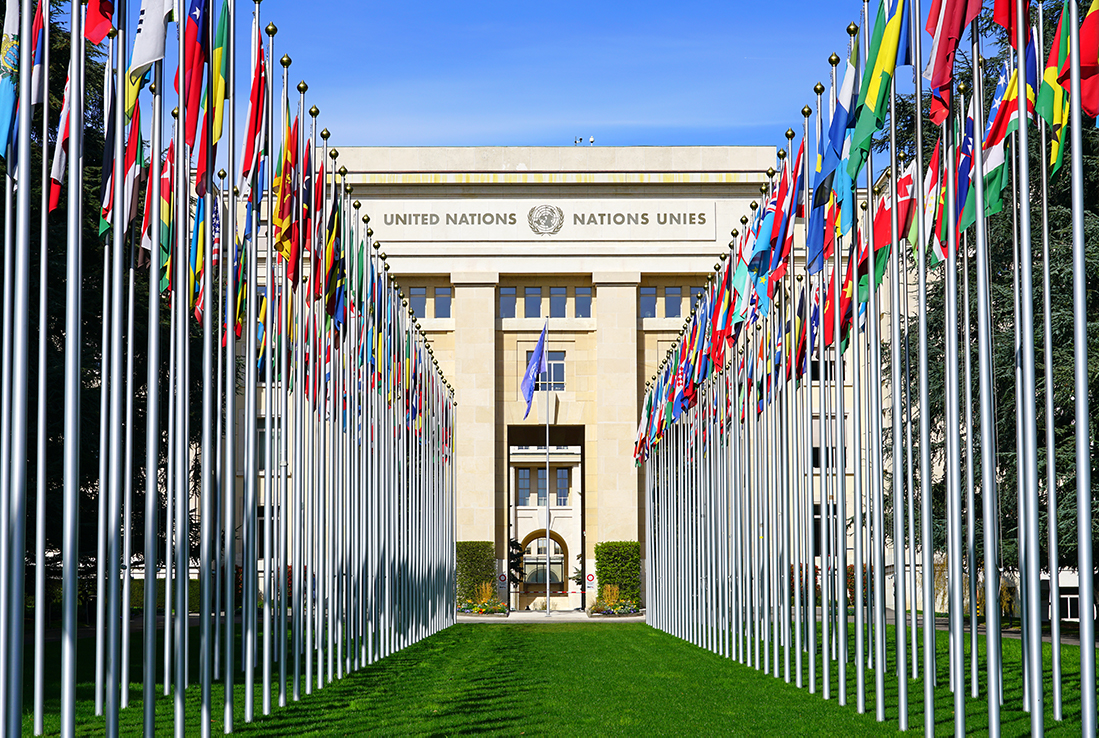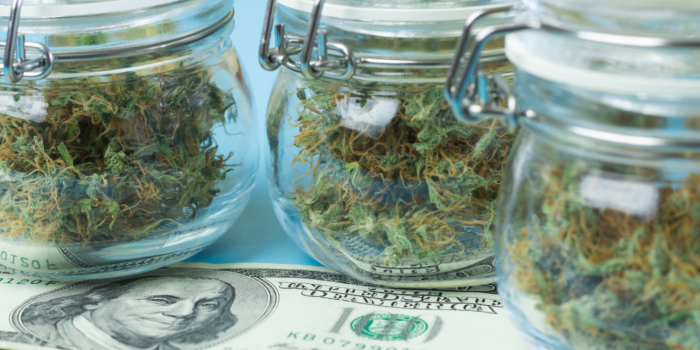The United Nations Commission on Narcotic Drugs (CND, for its acronym in English) has adopted a series of decisions on Wednesday on the international control of cannabis and substances related to this substance for medicinal purposes. Specifically, it has decided to remove it from Annex IV of the 1961 Convention on Drugs, the category of the most dangerous drugs, where it was listed alongside dangerous and highly addictive opiates such as heroin. This decision almost two years after in January 2019 the World Health Organization (WHO) made a series of recommendations to modify the scope of cannabis control.
Attention was focused on a key recommendation to remove cannabis from Schedule IV of the 1961 Single Convention on Narcotic Drugs, where it was listed alongside other dangerous and highly addictive opioids such as heroin.

“This is a great historic victory for us, we couldn’t wait any longer,” said Kenzi Riboulet-Zemouli, an independent drug policy researcher who has closely followed the vote and position of member states.
“I have explained that cannabis has been used throughout history for medicinal purposes and that Wednesday’s decision restored that status.”
“It is a big step forward and we hope this empowers more countries to create frameworks that allow patients in need to access treatment.” said Dirk Heitepriem, vice president of Canopy Growth, a Canadian cannabis company.
Almost all the States of the European Union – with the exception of Hungary – and several of America such as Argentina, Canada, Colombia, the United States, Mexico, Uruguay and Ecuador, have supported following the scientific criteria of the UN.
They have added a simple majority of 27 votes to approve the change – one of the most important on drugs in recent decades – while a large part of the countries of Asia and Africa and some of America are opposed, such as Russia, China, Brazil. and Pakistan.
The great change comes when several countries such as Canada, Uruguay and a dozen states in the United States have legalized the use of marijuana and others such as Mexico, Luxembourg or Israel that have legal initiatives underway along the same lines. As well as Argentina, which has already decided in November to legalize the self-cultivation of marijuana for medicinal purposes as well as to legalize the sale of oils, creams and other products derived from this beneficial plant.
This change will facilitate research on cannabis, which has active ingredients that have shown promising results in treating Parkinson’s, sclerosis, epilepsy, chronic pain, and cancer.







